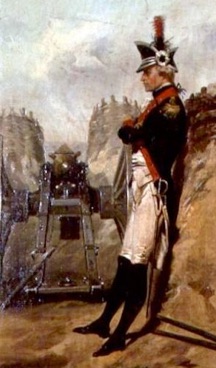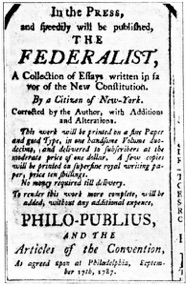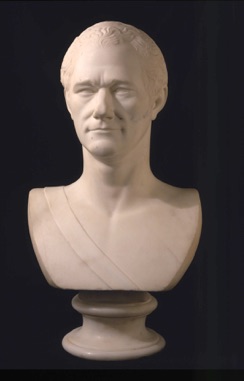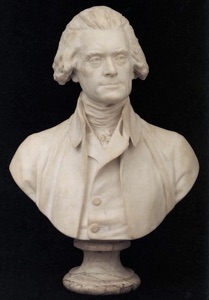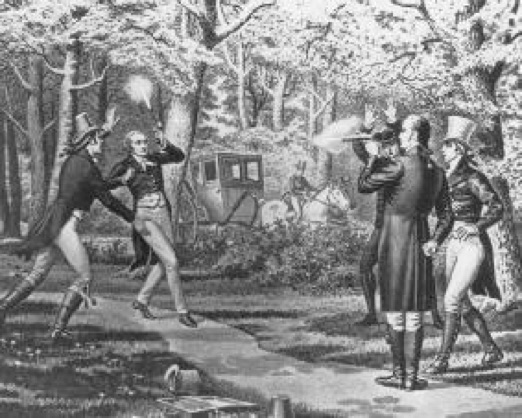He was present and served in the battles of Brandywine, Germantown, Monmouth Courthouse and on hand for the discovery of Arnold’s betrayal. He left Washington’s staff in 1781, only to return to the army gaining a long sought after field command under the Marquis De Lafayette, leading the assault on Redoubt number 10 the decisive action at Yorktown.
It is during the war that Hamilton first writes declaiming the defects of the current government, calling for a convention to adopt a constitution and what steps can be taken to amend the country’s desperate financial straits, more than ten years before the constitutional convention.
A lawyer in New York after the war, though never removed from politics, Hamilton’s notes on taking the bar are a source for lawyers to this day. Though a staunch patriot he returned to New York after the war to defend Tories in what came to be known as landmark cases in laws of precedent.
A delegate to the Confederational congress, under the Articles of Confederation, Hamilton fought for the army’s rights and pay, calling for a convention for governmental reform. Hamilton and James Madison as members of the Annapolis convention were able to muster up resolve to get a constitutional convention in Philadelphia in 1787. Hamilton worked alongside General Washington, Edmund Randolf, his friend Gouvernor Morris, Benjamin Franklin, Roger Sherman and (at that time) friend James Madison to form our new constitution. In order to get our new constitution ratified, Hamilton, Madison and longtime friend John Jay wrote a series of articles that came to be known as the Federalist Papers, Hamilton writing the lion’s share.

